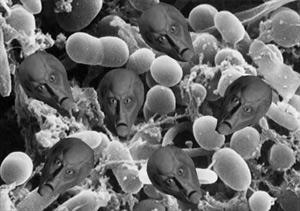Originally posted by ferneyhoughgeliebte
View Post
"Do you really believe that this is all there is?" I have been asked several times by people at funerals eager for a flicker of doubt. And I have replied " Yes as far as I know, this is it!"










Comment